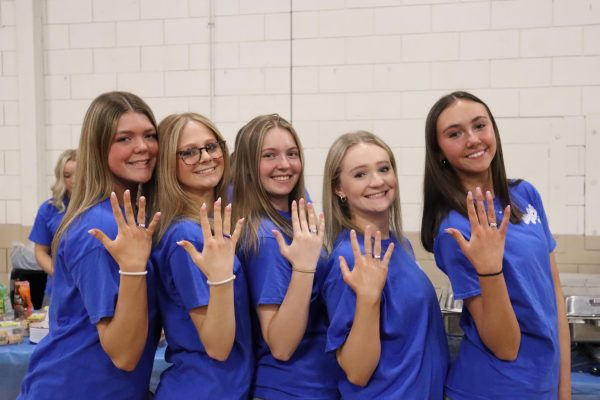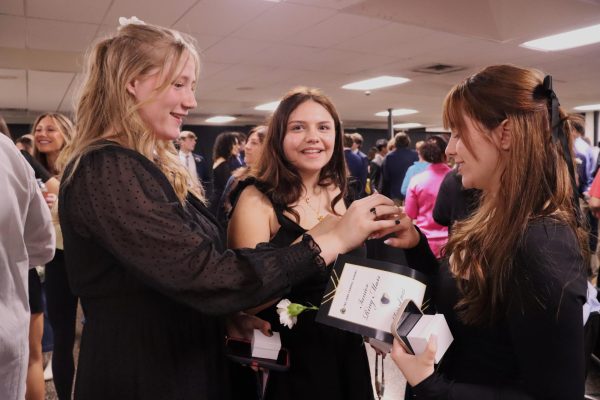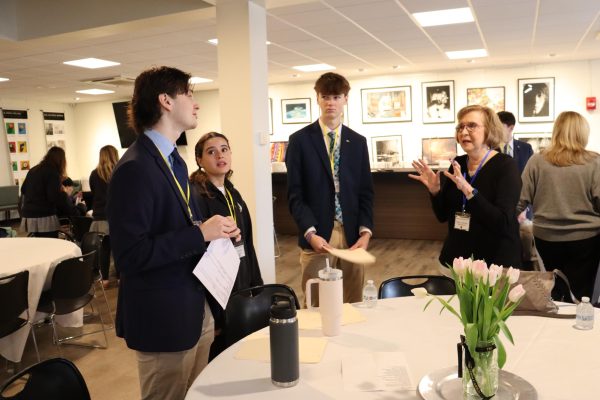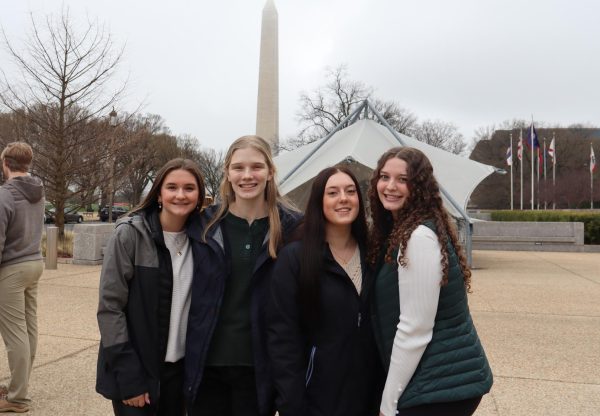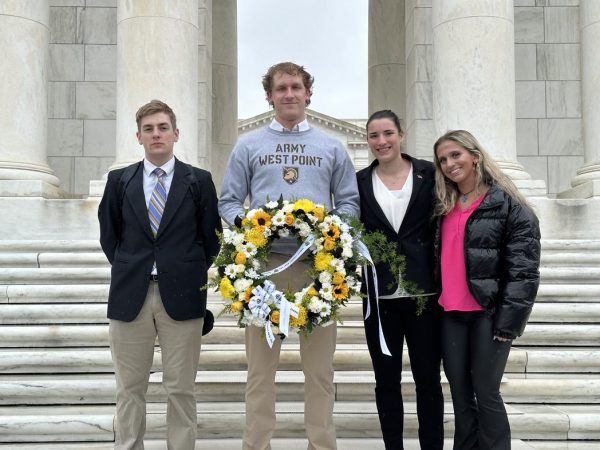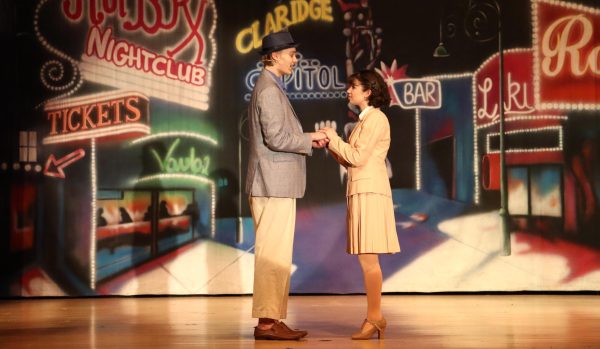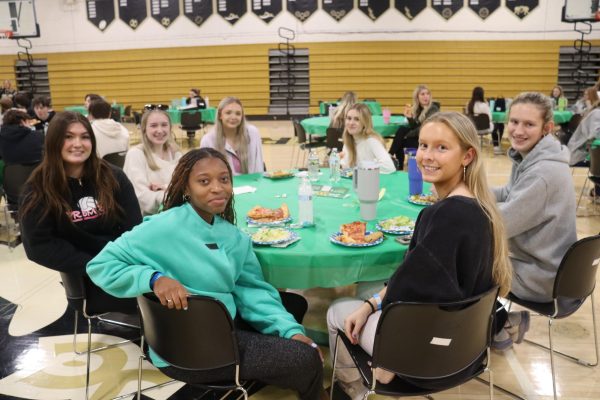Remembering Leo Bretholtz
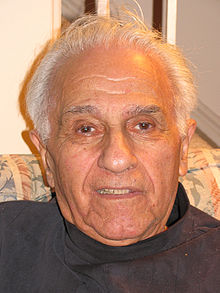
April 1, 2014
He sounds more like a superhero than an ordinary person. At age 17, he took a train from Vienna to Germany before swimming across the Sauer River into Luxembourg. He snuck across the border into Belgium. When deported to a French refugee camp, he escaped through a fence. He was arrested and eventually taken to Auschwitz, but he pried back the bars on a window and lept from the cattle car. Then he assumed an alias and worked underground, forging IDs and fueling the anti-Nazi movement.
Yet Leo Bretholtz was not a superhero, he was simply a survivor. As a Polish Jew, Bretholtz was a victim of the Holocaust, losing his mother, two sisters, and 55 other relatives.
After the Holocaust, he moved to the U.S. where he met his wife and started a family. Bretholtz documented his experiences in the book, Leap into Darkness: Seven Years on the Run in Wartime Europe. He visited schools to share his story and had come to JC for 12 years. It was painful for him to talk about the Holocaust, but Leo told his student guides that, “I know my wife Flo, in loving memory, would have wanted me to keep telling it.”
According to senior Rachel Weskalnies, one of the students who acted as a guide by showing Leo Bretholz around JC and making him comfortable during the Holocaust Remembrance program,“his message to the seniors was one of self-perseverance and bravery.” Another of his guides, senior Briana Lockhart, added that he told them to “stay one step in front of others,” as that helped him survive persecution.
He also spoke of the help and support that came from the women in his life, from his mother to a stranger in the cattle car. He showed the seniors the gold star that labelled him a Jew and a log of all those persecuted in the Holocaust. All of the survivors in the log book had a dot next to their names. His name did not. “He told us that when he got the book, his wife asked him what was wrong because he had become very pale, and he said ‘I’m upset because I’m dead,’ ” his senior guide Amanda Reid said.
Leo was described as happy and even jovial. “Almost the entire time he was here, he was telling jokes … He would joke around with the other survivors and even random people in the halls. He was truly unbelievable,” his guide senior Lindsay Kraus said. Lockhart echoed this sentiment saying, “It was amazing to hear this man’s story that is so serious and must have been so terrifying to actually live through and then talk to him in real life and see the happy, smiling man sitting in front of us.”
On March 8, 2014, Leo Bretholtz died in his sleep of unknown causes. He was 93 years old and left behind a son, two daughters, and four grandchildren.The funeral service was held on Tues. March 11, and was attended by JC students, including Weskalnies, Kraus, Emily Cassidy, Thomas Carr, Maggie Buckley, and Kelly Stifler.
His guides were saddened to hear of the death of this “extremely loveable man,” as Reid said.
“Leo Brethotlz saw himself as an ordinary man. I saw him as an extraordinary ordinary man. He gave back more than anyone ever asked him or expected him to. Even when he came to JC a week before he died, and did not feel well, he felt like he had to share with us. I think we need people like Leo in our lives,” the Holocaust program coordinator Louise Geczy said.
Weskalnies furthered the statement by saying, “Leo Bretholz [was] the bravest man I have ever met. His story is one I will never forget. No matter how much he suffered, he still [was] willing to tell his story. Despite the horrors he encountered, all Mr. Leo really wanted was to make people smile, tell jokes, and inspire people.”
Madison Meyer is an In-Depth Editor for The Patriot and jcpatriot.com.



